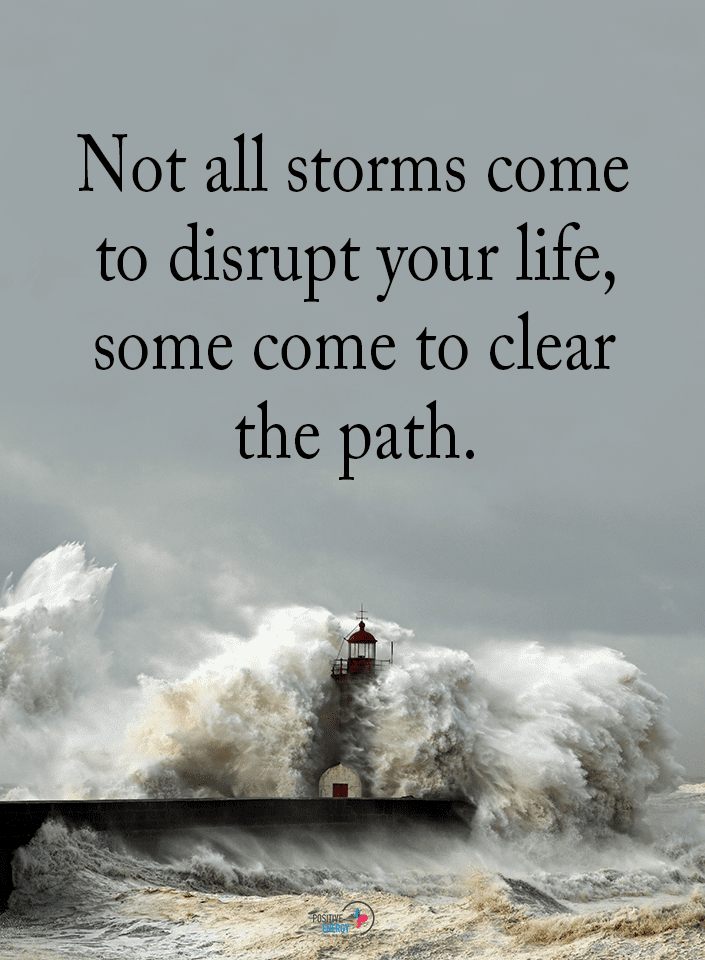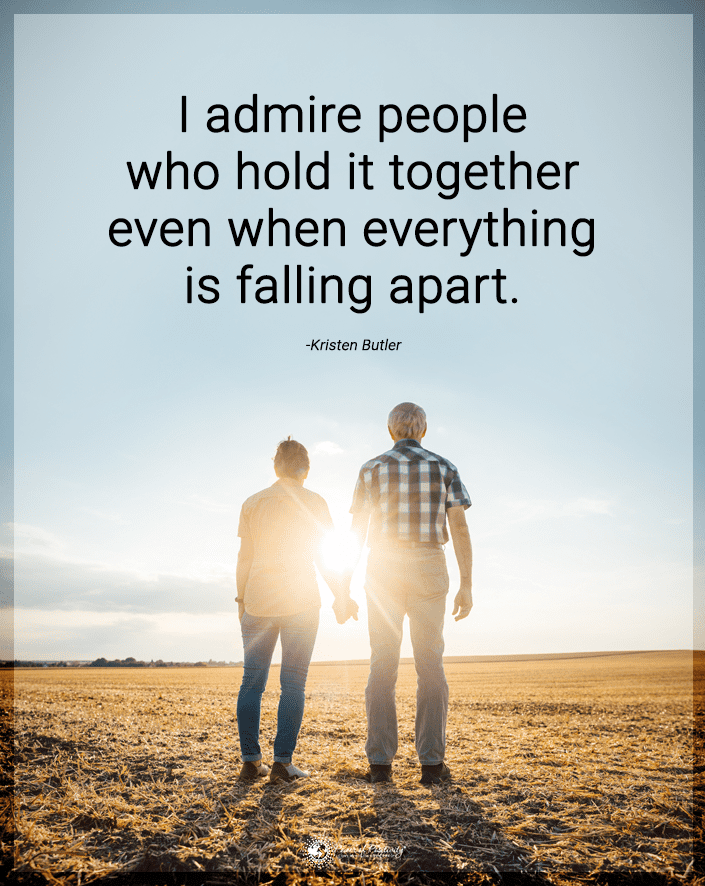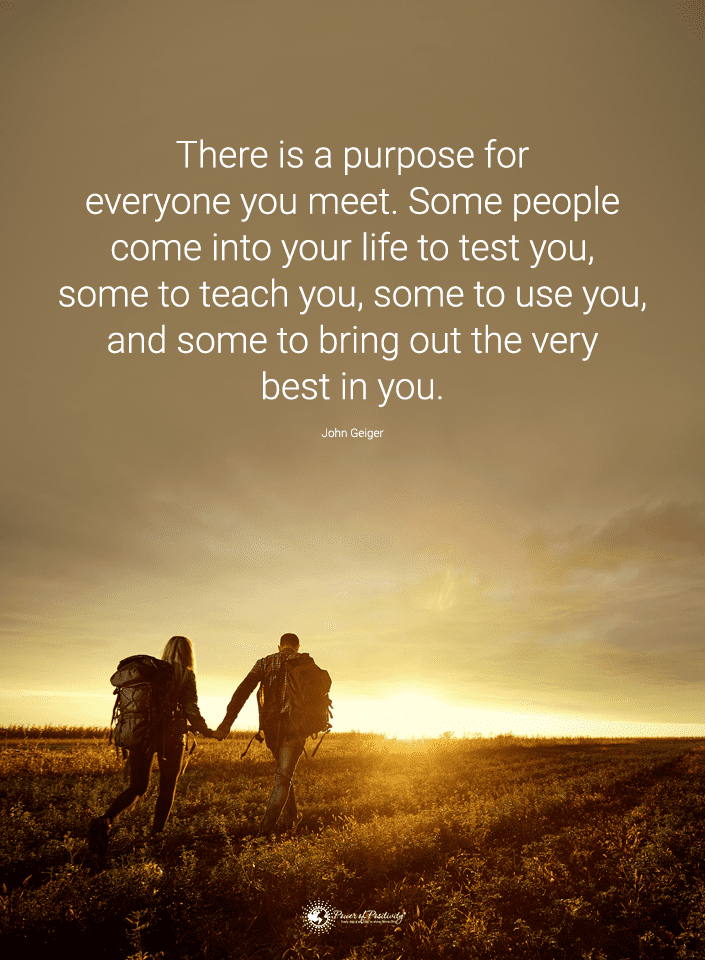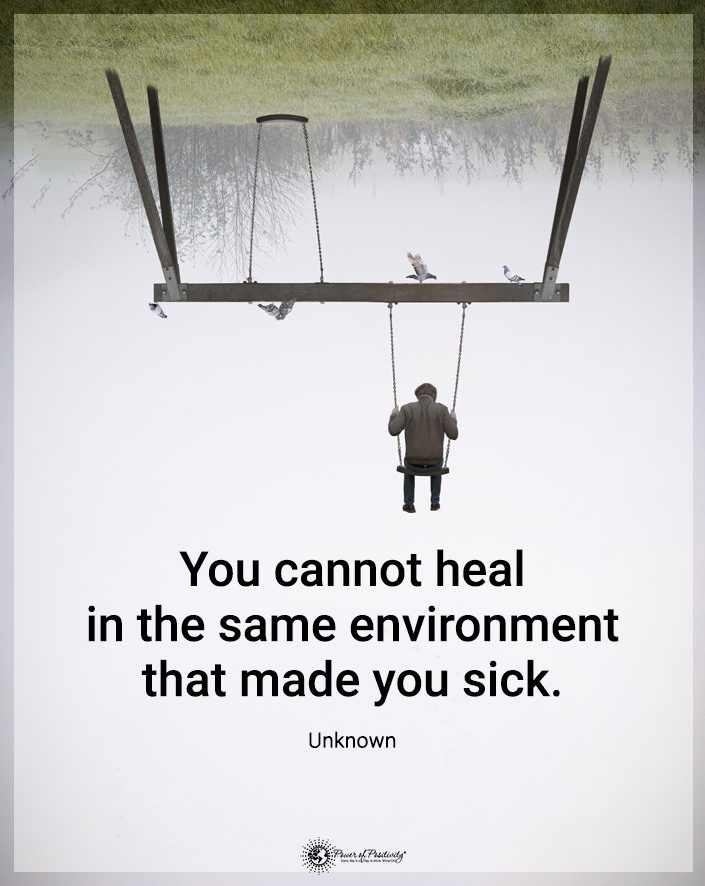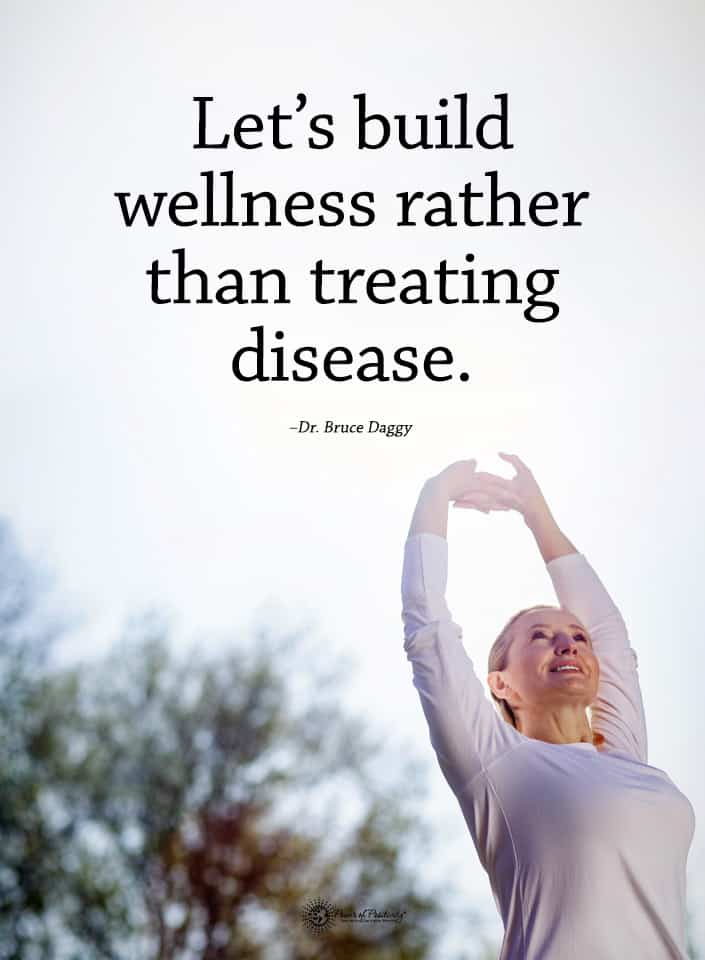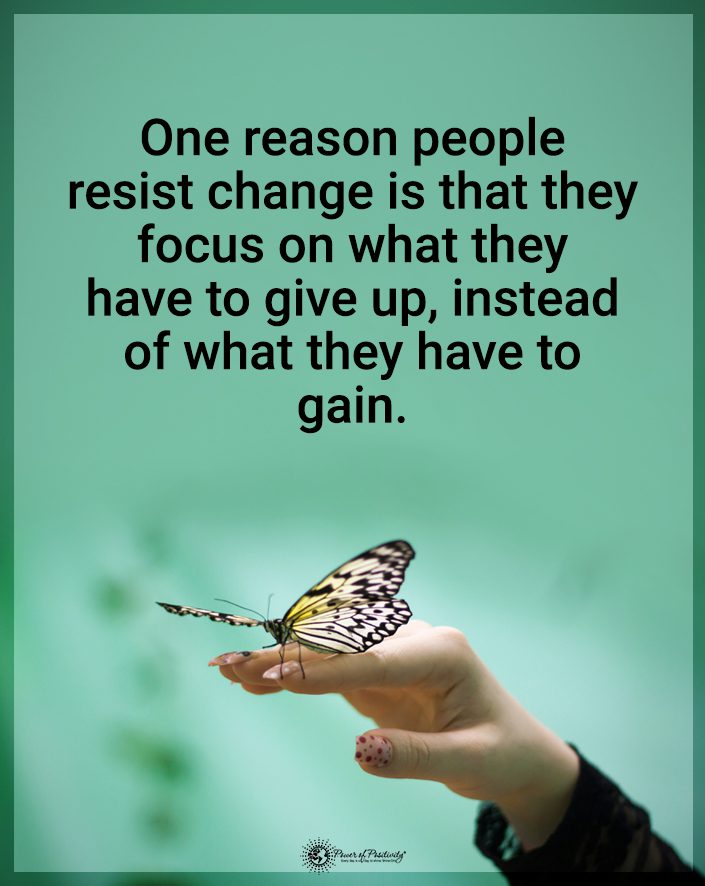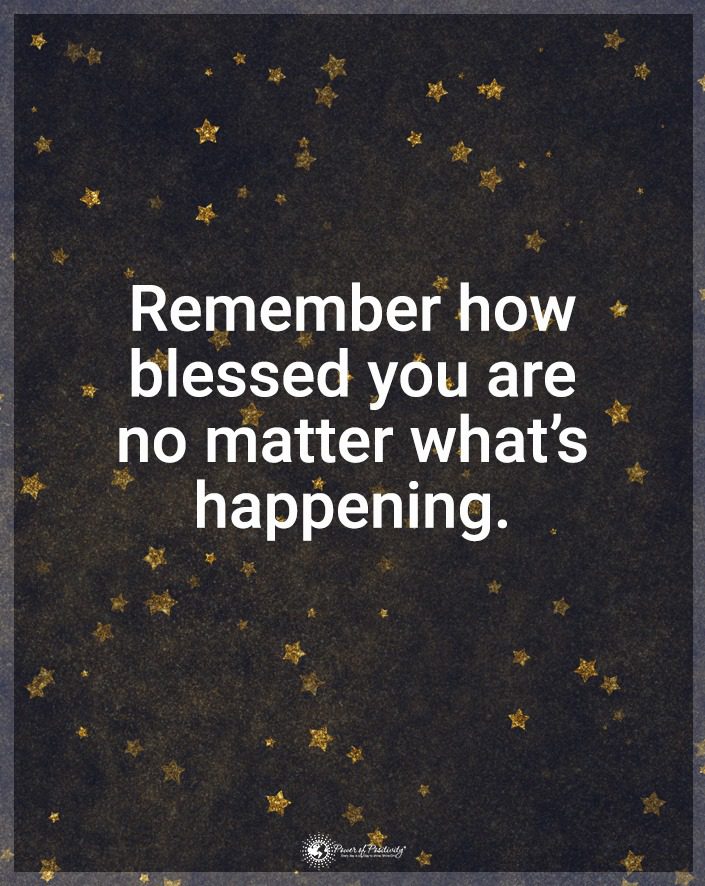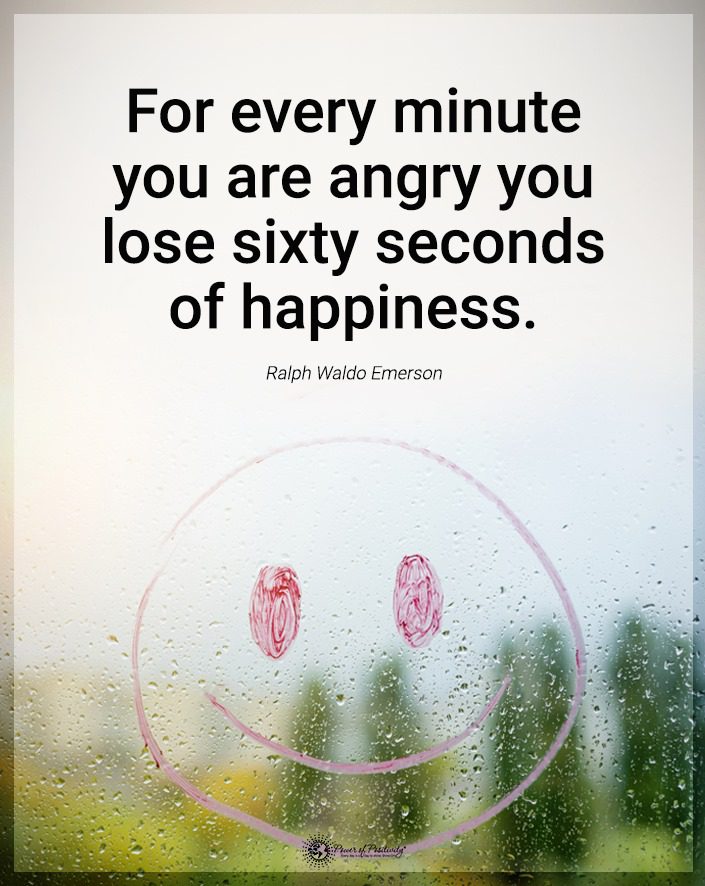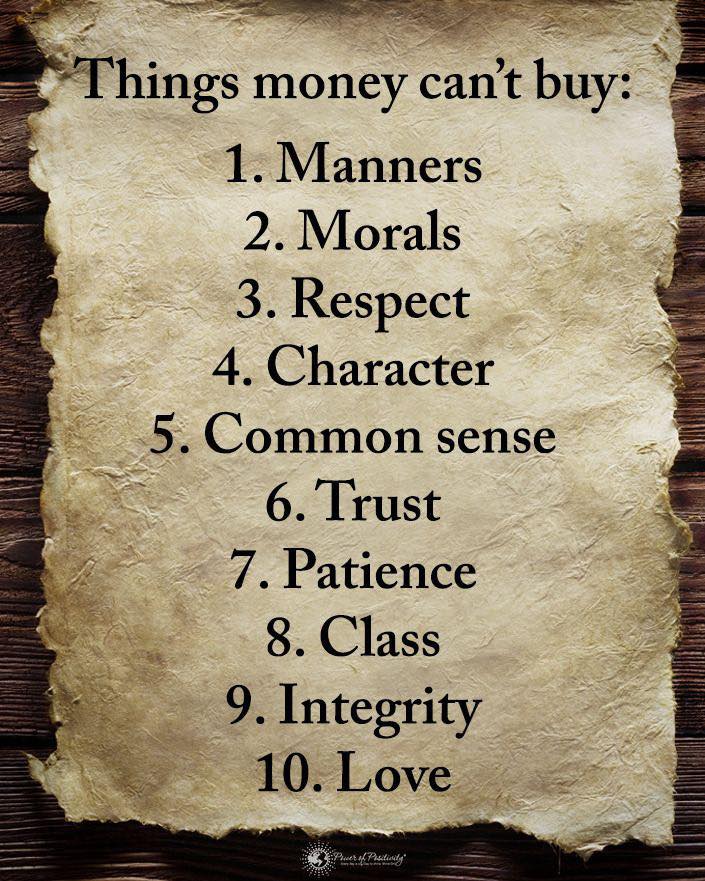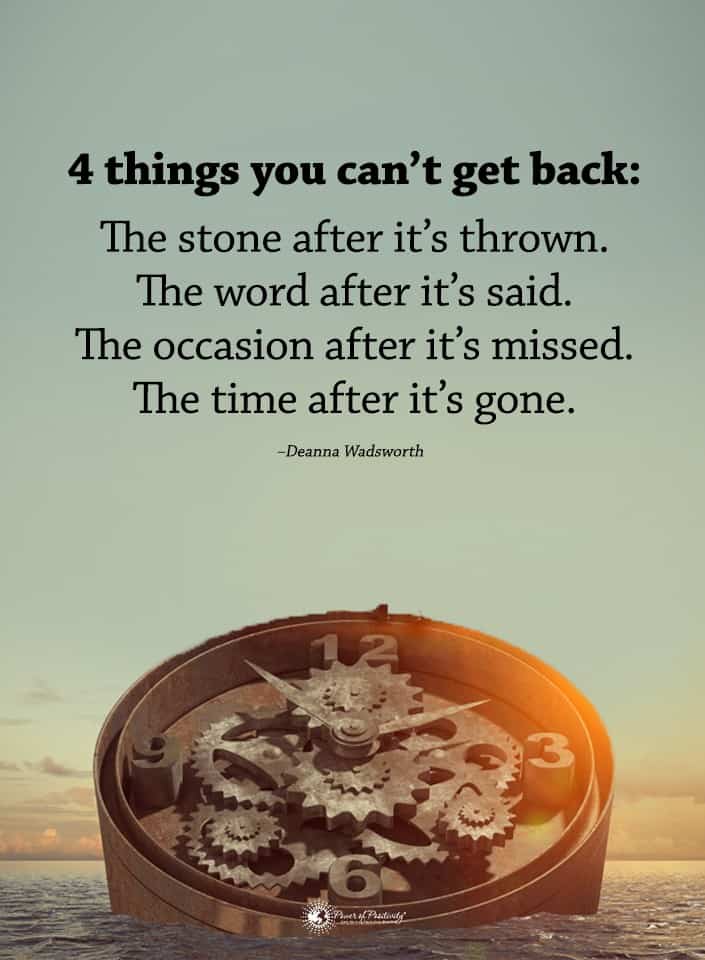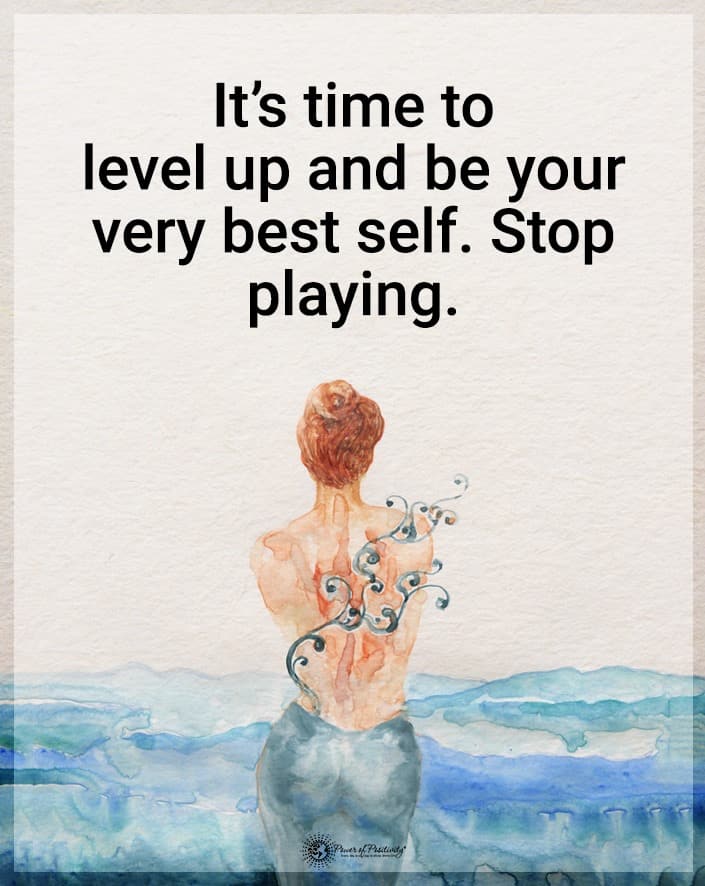Here’s why stress makes you feel older than your actual age.
Persistent stress acts like a thread under constant tension, eventually fraying and breaking. When applied to our bodies, this continuous strain leads to noticeable signs of premature aging. Recognizing the impact of stress on our health is crucial.
As we explore the relationship between stress and aging, it becomes clear that managing stress is about mental well-being and preserving our health.
Let’s examine the scientific reasons behind this connection.
The Science Behind Stress and Premature Aging
In its most basic form, stress is the body’s response to external pressures or threats. This reaction is often termed the “fight or flight” response.
When facing a stressful situation, the body releases a surge of hormones, including cortisol, adrenaline, and norepinephrine. These hormones prepare the body to either confront or flee from the threat.
In short bursts, this response is beneficial. It heightens our senses, increases our energy, and prepares our body for immediate action.
However, problems arise when stress becomes chronic. In a fast-paced world, many individuals experience prolonged periods of stress due to work, financial pressures, personal conflicts, and other factors. This constant alertness leads to an overproduction of stress hormones, particularly cortisol.
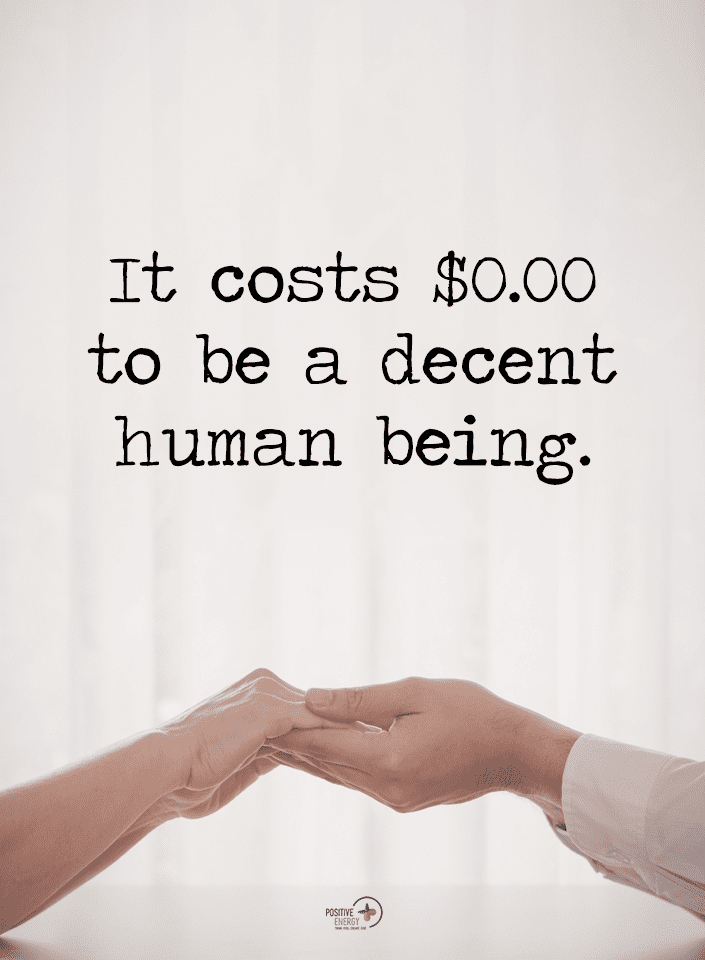
Elevated cortisol may lead to premature aging:
Elevated cortisol levels over extended periods can have detrimental effects on the body. Here’s how:
- Cellular Damage: At the cellular level, cortisol can interfere with DNA repair mechanisms. This disruption can lead to mutations and cellular malfunctions, foundational elements of the aging process.
- Oxidative Stress: Chronic stress increases the production of free radicals in the body. These unstable molecules can damage cells, proteins, and DNA. This phenomenon, known as oxidative stress, significantly contributes to aging. It can also cause age-related diseases.
- Inflammation: Prolonged stress can lead to systemic inflammation. Inflammation, when chronic, is harmful and has been linked to numerous conditions, from heart disease to Alzheimer’s. It also accelerates the aging process by damaging tissues and organs.
- Collagen Breakdown: Cortisol, the primary stress hormone, can also inhibit collagen production in the skin. Collagen is a protein responsible for skin’s elasticity and firmness. Reduced collagen leads to wrinkles, sagging, and other visible signs of premature aging.
Understanding the science of stress and its impact on aging underscores the importance of managing and mitigating stressors. While short-term stress can be adaptive and protective, chronic stress wears down our body’s systems, leading to premature aging.
The Telomere Connection to Premature Aging
Telomeres are specialized structures sitting on the ends of our chromosomes. Think of them as the protective caps on shoelaces, preventing them from fraying. Similarly, telomeres protect our DNA from damage and prevent chromosomes from sticking to each other, which can lead to genetic errors.
Whenever a cell divides, the telomeres shorten slightly. Over time, as cells continue to divide and telomeres progressively shorten, they reach a critical length. Once this happens, the cell can no longer divide and becomes senescent or dies. This natural process is a fundamental aspect of aging.
How telomeres protect your DNA from the impacts of stress:
Here’s a look into the relationship between stress and telomeres:
- Stress and Telomere Shortening: Chronic stress can accelerate the shortening of telomeres. Elevated cortisol levels play a role in this acceleration. When telomeres shorten prematurely, cells age faster and have a reduced lifespan.
- Implications for Health: Shortened telomeres may lead to age-related diseases. These can include cardiovascular disease, diabetes, and certain types of cancer. As telomeres shorten, the risk of these diseases increases, underscoring the health implications of chronic stress.
- The Role of Telomerase: Telomerase is an enzyme that can add length to telomeres, effectively counteracting some of the natural shortening that occurs with cell division. However, chronic stress reduces telomerase activity, further exacerbating the rate of telomere shortening.
Telomeres serve as a biological clock, indicating the aging of our cells. Chronic stress often speeds up this clock, leading to premature aging at a cellular level. The result? Several associated health risks. Recognizing the profound impact of stress on our telomeres provides another compelling reason to prioritize stress management in our daily lives.
Premature Aging of the Skin
The skin, our body’s largest organ, is a visible barometer of our overall health. It’s no surprise, then, that the effects of chronic stress frequently manifest on our skin, revealing signs of premature aging.
Here’s how stress impacts skin health:
- Reduced Skin Barrier Function: The skin acts as a protective barrier. It shields us from environmental toxins, pathogens, and other external threats. Chronic stress weakens this barrier function, making the skin more susceptible to irritants, allergens, and infections.
- Decreased Collagen Production: As mentioned earlier, cortisol, the primary stress hormone, inhibits collagen production. Collagen is vital for maintaining the skin’s elasticity and structure. Thus, a decline in collagen leads to wrinkles, fine lines, and sagging skin formation.
- Increased Oil Production: Stress stimulates the sebaceous glands to produce more oil. Excess oil can clog pores, leading to acne breakouts and other skin issues. As a result, some people get skin scarring and textural issues.
- Impaired Skin Repair: The skin has a remarkable ability to repair and regenerate itself. However, chronic stress can slow down this repair process. Wounds may take longer to heal, and the skin’s overall regeneration rate diminishes, leading to a dull and tired appearance.
- Aggravation of Skin Conditions: Individuals with pre-existing skin conditions like eczema, psoriasis, or rosacea may worsen their symptoms during stressful times. This exacerbation is due to the body’s inflammatory response to stress, which can trigger or amplify these conditions.
The skin is not just a passive bystander in the face of stress. It actively responds. Managing stress is essential for our internal well-being. It’s also a key to fighting the signs of premature aging.
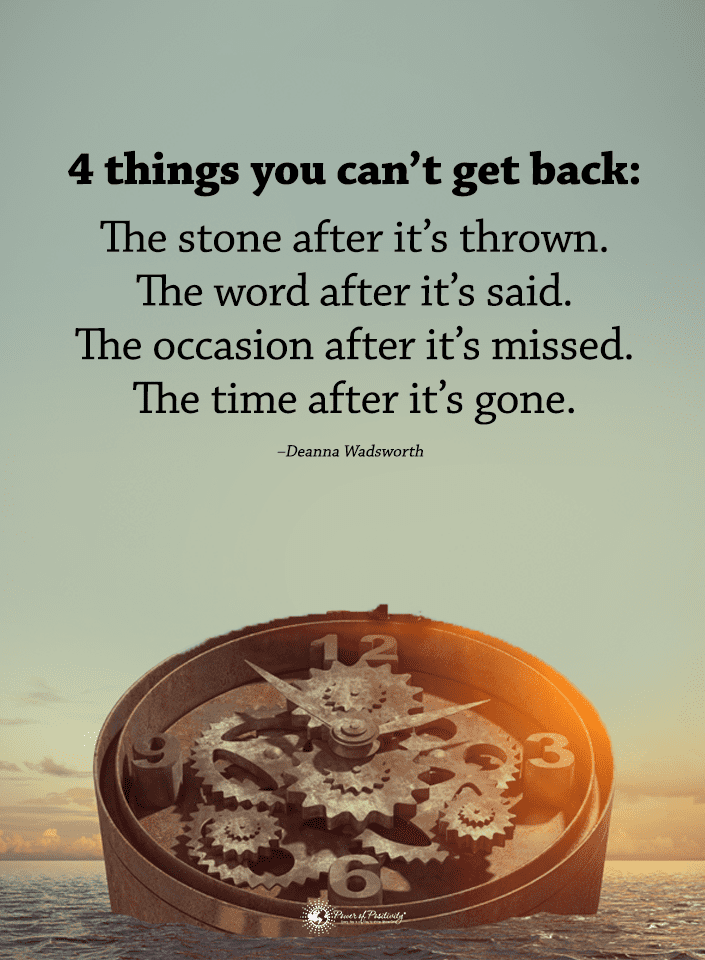
The Impact of Stress on Cognitive Functions
The brain, our central processing unit, is not immune to the ravages of stress. Chronic stress can profoundly affect cognitive functions, influencing memory, attention, and decision-making.
Stress and your brain:
Here’s a closer look at the brain’s health and performance:
- Hippocampal Damage: The hippocampus, a brain region crucial for memory and learning, is particularly sensitive to prolonged stress. Elevated cortisol levels can inhibit the production of new neurons (a process called neurogenesis) in the hippocampus, leading to memory impairments.
- Prefrontal Cortex Changes: The prefrontal cortex, responsible for executive functions like decision-making, planning, and impulse control, can also be affected by chronic stress. Reduced volume and activity in this area can lead to difficulties in concentration, decision-making, and emotional regulation.
- Increased Amygdala Activity: The amygdala, the brain’s emotional center, becomes hyperactive under chronic stress. This heightened activity can increase emotional reactions, anxiety, and fear responses.
- Reduced Brain Plasticity: Brain plasticity, or the ability of the brain to reorganize and adapt, is reduced under prolonged stress. This decrease can impact learning, adaptability, and the brain’s ability to recover from injuries.
The brain is a resilient organ with remarkable adaptive capabilities. Yet, it is not impervious to the detrimental effects of chronic stress. Protecting our mental health and managing stressors are paramount for our cognitive performance. We must also manage it to prevent premature aging.
Immune System and Stress
The immune system is the human body’s defense mechanism against infections, diseases, and foreign invaders. It is a complex web of cells, tissues, and organs working in tandem to protect us. However, chronic stress makes us more susceptible to illnesses.
Here’s how stress impacts the immune system:
- Suppressed Immune Response: Chronic stress leads to the prolonged release of cortisol. While cortisol is essential in short bursts, its continuous presence in the bloodstream can suppress the immune system. Thus, it reduces the production of white blood cells and makes the body more vulnerable to infections.
- Inflammation: As previously mentioned, it can lead to systemic inflammation. That inflammation is a natural response to an injury or infection. However, it can over-activate the immune system when it becomes chronic. This overactivity can also lead to autoimmune diseases when one’s immune system mistakenly attacks the body’s cells.
- Delayed Wound Healing: A compromised immune system can slow down the body’s ability to heal wounds. This delay increases the risk of infections and complications.
- Increased Susceptibility to Illnesses: A weakened immune response makes the body more susceptible to viral infections. Additionally, it may take longer to feel better.
The immune system protects our health. But it is sensitive to chronic stress. This weakened state makes us more prone to illnesses and affects our overall well-being and quality of life. As with other systems in the body, managing stressors is crucial to ensure a robust and responsive immune system.
Prevent Premature Aging by Managing Stress
It is imperative to find effective strategies to manage and alleviate stress. Fortunately, numerous natural methods can help mitigate the effects of it, promoting both physical and mental well-being.
Here’s a look at some holistic and natural approaches to reverse the potential harm:
- Meditation: This ancient practice can reduce cortisol levels, improve focus, and promote a sense of calm. Regular meditation, even for just a few minutes daily, can help center the mind.
- Deep breathing exercises: Simple breathing techniques can activate the body’s relaxation response. One can lower heart rate and blood pressure by focusing on one’s breath and taking deep, controlled inhalations and exhalations. Thus, they counteract those stressors.
- Physical activity: Exercise is an excellent way to relieve your day’s worries. So take a brisk walk, do yoga, or do a more intense workout. That’s because physical activity releases endorphins—natural painkillers that elevate mood.
- Balanced diet: A diet of whole foods, including fruits, vegetables, whole grains, and lean proteins, can bolster the body’s resilience.
- Adequate sleep: Sleep is the body’s natural restoration period. Ensuring 7-9 hours of quality sleep each night can significantly improve overall health.
- Limiting caffeine and alcohol: While many turn to caffeine for a boost or alcohol to unwind, excessive consumption of either can harm you. Moderation is key.
- Try some hobbies: Activities one enjoys, whether reading, gardening, painting, or music, can distract from your worries and provide a sense of accomplishment and satisfaction.
Stress is an inevitable part of life. But its detrimental effects on health are not. One can enhance overall well-being by adopting natural and holistic approaches to manage life’s pressures, ensuring a healthier, more balanced life.
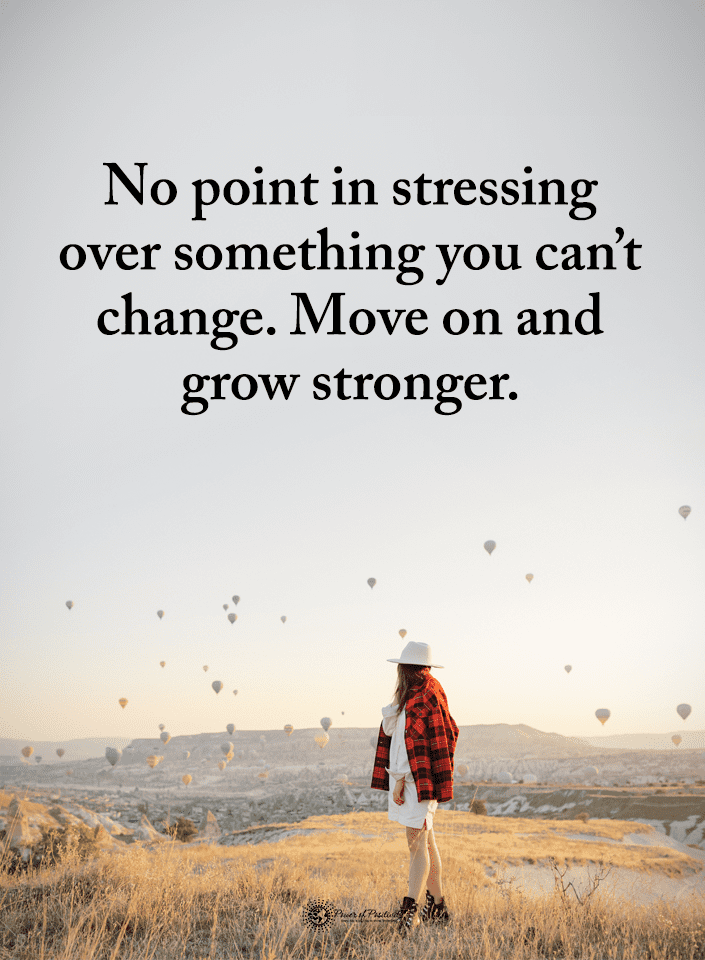
Final Thoughts on the Connection Between Stress and Premature Aging
The myriad ways the pressures of life impact our health, from the cellular level to our outward appearance and cognitive functions, underscores its pervasive nature. While the body has mechanisms to handle short-term stressors, chronic forms create significant health risks. These also lead to premature aging.
In a world that often seems to move at breakneck speed, taking a moment to breathe, reflect, and care for oneself isn’t just a luxury. Instead, it’s a necessity. Prioritizing mental and physical well-being by managing stress is a proactive step towards a healthier, more fulfilling life. You’ll also combat the impacts of premature aging. Cheers to a longer, more fulfilling life!

